North Korea, often shrouded in mystery and intrigue, remains one of the most enigmatic nations in the world. From its secretive leadership to its isolated society, the country is a source of fascination for many. In this article, we’ll delve into 10 of the strangest facts about North Korea, shedding light on some of the most peculiar aspects of this reclusive state.
#1. Eternal Leadership:
One of the most unusual aspects of North Korea is its system of leadership, which revolves around the cult of personality surrounding the ruling Kim dynasty. Founded by Kim Il-sung, the country’s first leader, the regime has passed down through three generations of the Kim family, with Kim Jong-un currently at the helm. The concept of “eternal leadership” is deeply ingrained in North Korean society, with the ruling family portrayed as infallible and god-like figures.
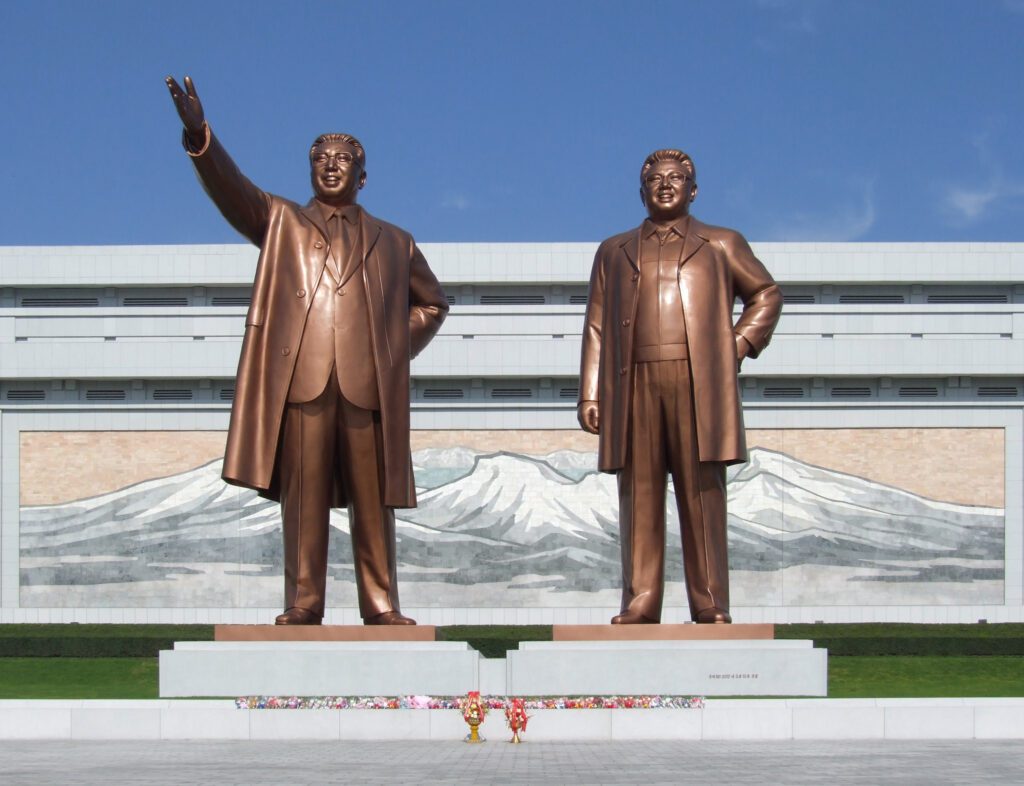
#2. The Hermit Kingdom:
North Korea is often referred to as the “Hermit Kingdom” due to its isolationist policies and limited interactions with the outside world. The government tightly controls information, restricts travel, and censors communication, creating a highly insular society that is largely cut off from the rest of the world. This isolation has led to a sense of mystery surrounding the country, with much of its internal workings remaining hidden from view.
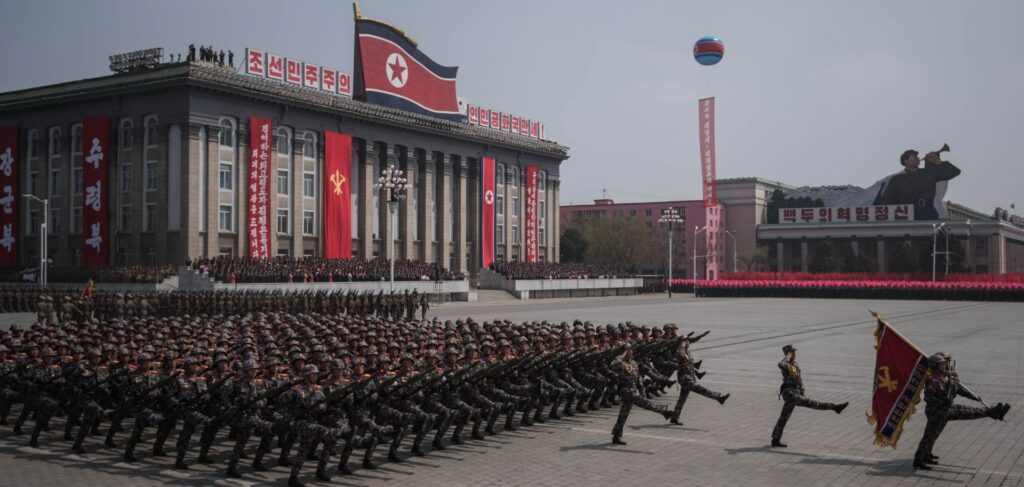
#3. Mass Games Spectacle:
One of the most surreal events in North Korea is the Mass Games, a massive choreographed performance involving thousands of performers. Held sporadically in Pyongyang’s May Day Stadium, the event features elaborate displays of gymnastics, dance, and propaganda, all meticulously coordinated to celebrate the regime and promote national unity. The Mass Games are a testament to the regime’s ability to mobilize its population for large-scale spectacles.
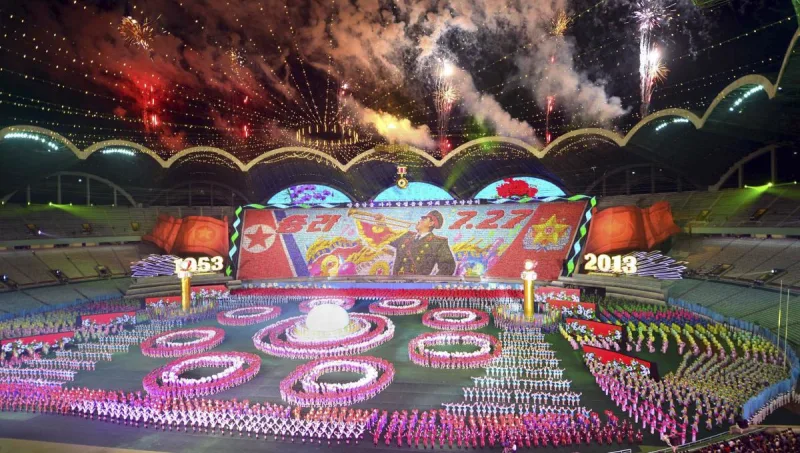
#4. The Juche Ideology:
Central to North Korea’s state ideology is the concept of Juche, often translated as “self-reliance.” Developed by Kim Il-sung, Juche emphasizes the importance of independence, autonomy, and self-sufficiency in all aspects of national life. The ideology is deeply ingrained in North Korean society, shaping everything from government policies to cultural practices. Despite its emphasis on self-reliance, North Korea remains heavily dependent on foreign aid for its survival.
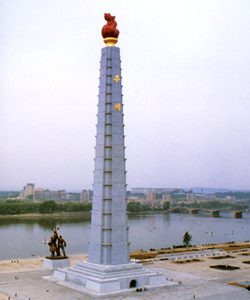
You May Also Like These
#5. Kim Jong-il’s Golfing Prowess:
Despite North Korea’s poverty and economic struggles, former leader Kim Jong-il was known for his extravagant lifestyle and eccentric hobbies. One of his favorite pastimes was golf, and he reportedly set a world record by shooting 38 under par on his first-ever round, including 11 holes-in-one. However, many of these claims are widely considered to be propaganda, designed to portray Kim Jong-il as a superhuman figure.

#6. The Ryugyong Hotel:
Perhaps one of the most bizarre landmarks in North Korea is the Ryugyong Hotel, a massive pyramid-shaped structure that dominates the skyline of Pyongyang. Construction on the hotel began in the late 1980s but was abruptly halted due to economic difficulties, leaving the building unfinished and abandoned for decades. Despite numerous attempts to complete the project, the Ryugyong Hotel remains empty and unused, serving as a symbol of North Korea’s grand ambitions and economic failures.
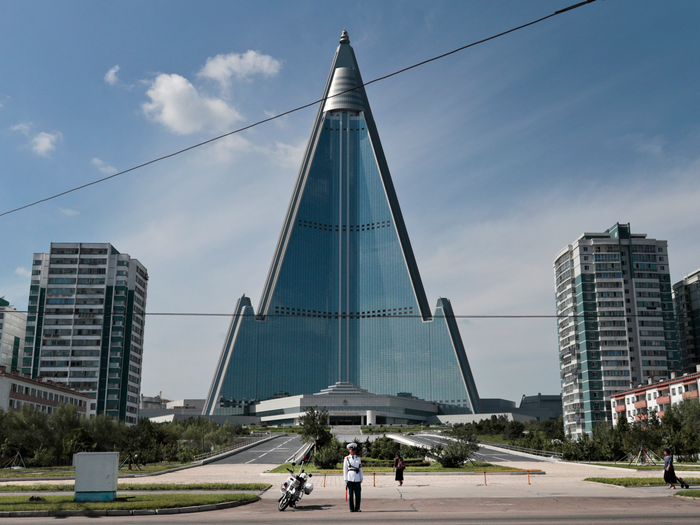
#7. State-Approved Haircuts:
In North Korea, citizens are required to adhere to strict guidelines when it comes to their appearance, including their choice of hairstyle. The government has issued a list of state-approved haircuts, with men and women alike limited to a selection of officially sanctioned styles. This bizarre policy reflects the regime’s desire to maintain control over every aspect of its citizens’ lives, even down to their personal appearance.
You May Also Like These
#8. The Arirang Festival:
Every year, North Korea hosts the Arirang Festival, a grand performance featuring thousands of dancers, gymnasts, and musicians. The event, which takes place in Pyongyang’s Rungrado May Day Stadium, is a celebration of North Korean culture and history, with elaborate choreography and dazzling displays of patriotism. The Arirang Festival attracts tourists from around the world, offering a rare glimpse into the country’s artistic and cultural traditions.
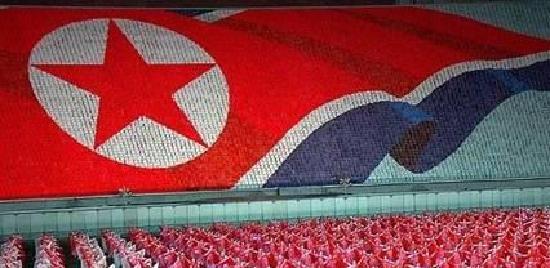
#9. Mandatory Mourning:
In North Korea, expressions of grief and mourning are not just personal sentiments but are also mandated by the state. Following the death of a leader or other significant event, citizens are expected to participate in public displays of mourning, including wailing, crying, and prostrating themselves in grief. Failure to show sufficient sorrow can result in severe punishment, highlighting the regime’s control over its citizens’ emotions and behavior.
#10. The Three Generations of Punishment:
In North Korea, the regime practices a policy known as the “three generations of punishment,” whereby not only the accused individual but also their family members are punished for perceived crimes against the state. This draconian policy extends punishment to three generations of the offender’s family, including parents, children, and even grandchildren, creating a system of guilt by association that instills fear and obedience among the population.
Conclusion:
North Korea continues to captivate the world with its strangeness and secrecy, offering a glimpse into a society that is unlike any other. From its eccentric leaders to its bizarre cultural practices, the country remains a source of fascination and intrigue for outsiders. By exploring these 10 strangest facts about North Korea, we gain a deeper understanding of the complexities and contradictions that define this enigmatic nation.

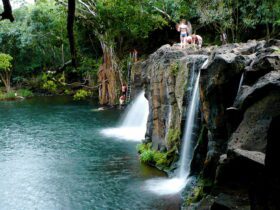





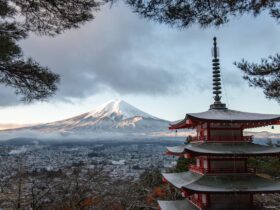




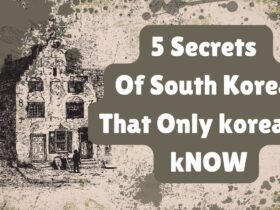

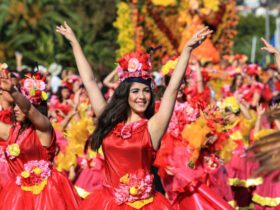
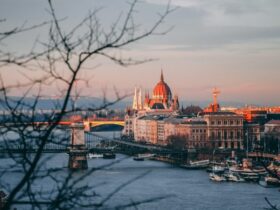


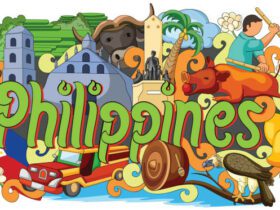


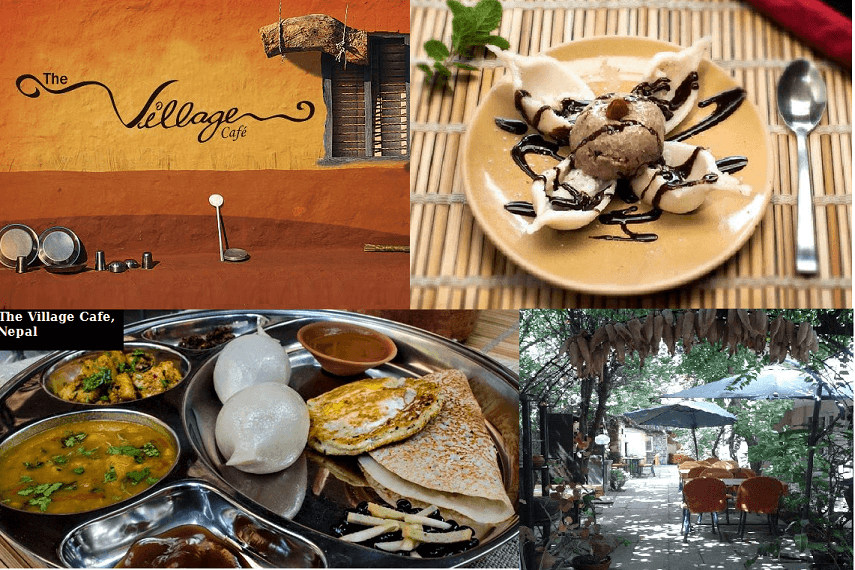
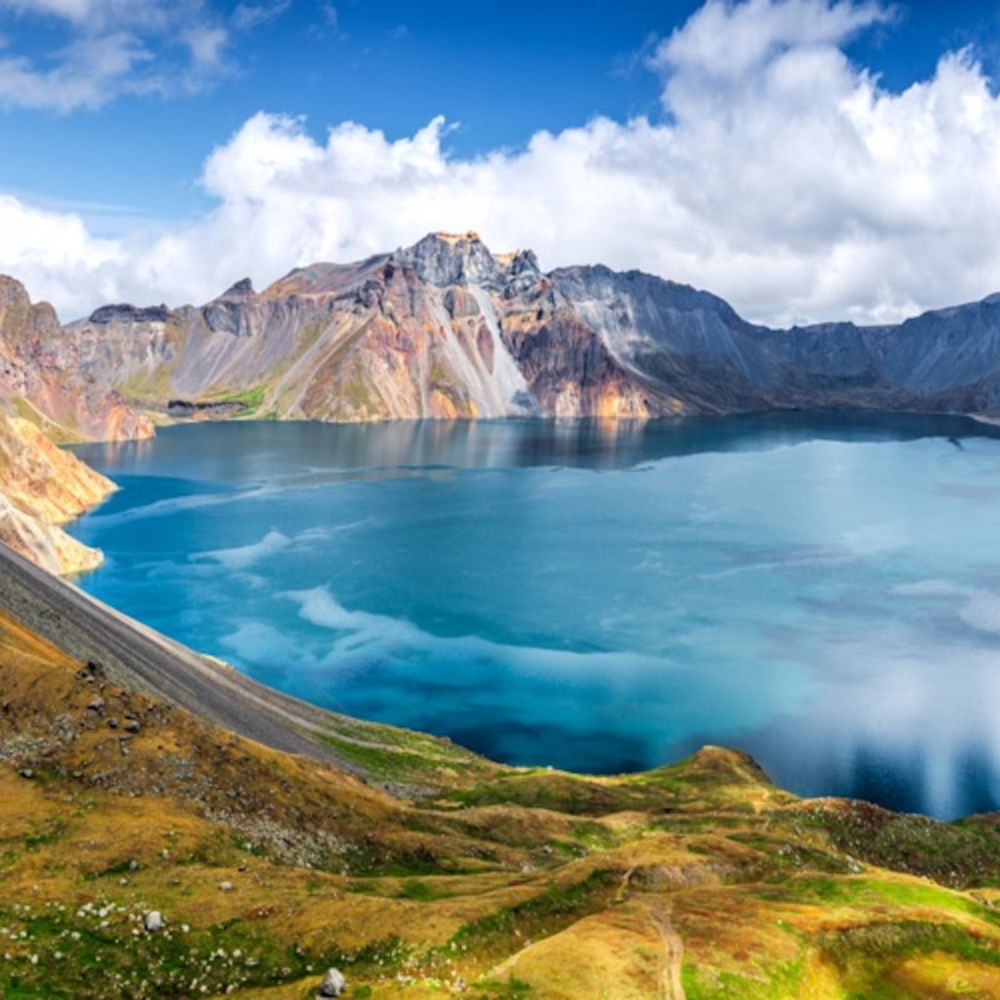



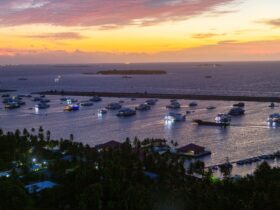

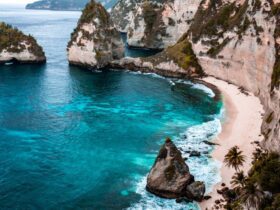
Leave a Reply
View Comments